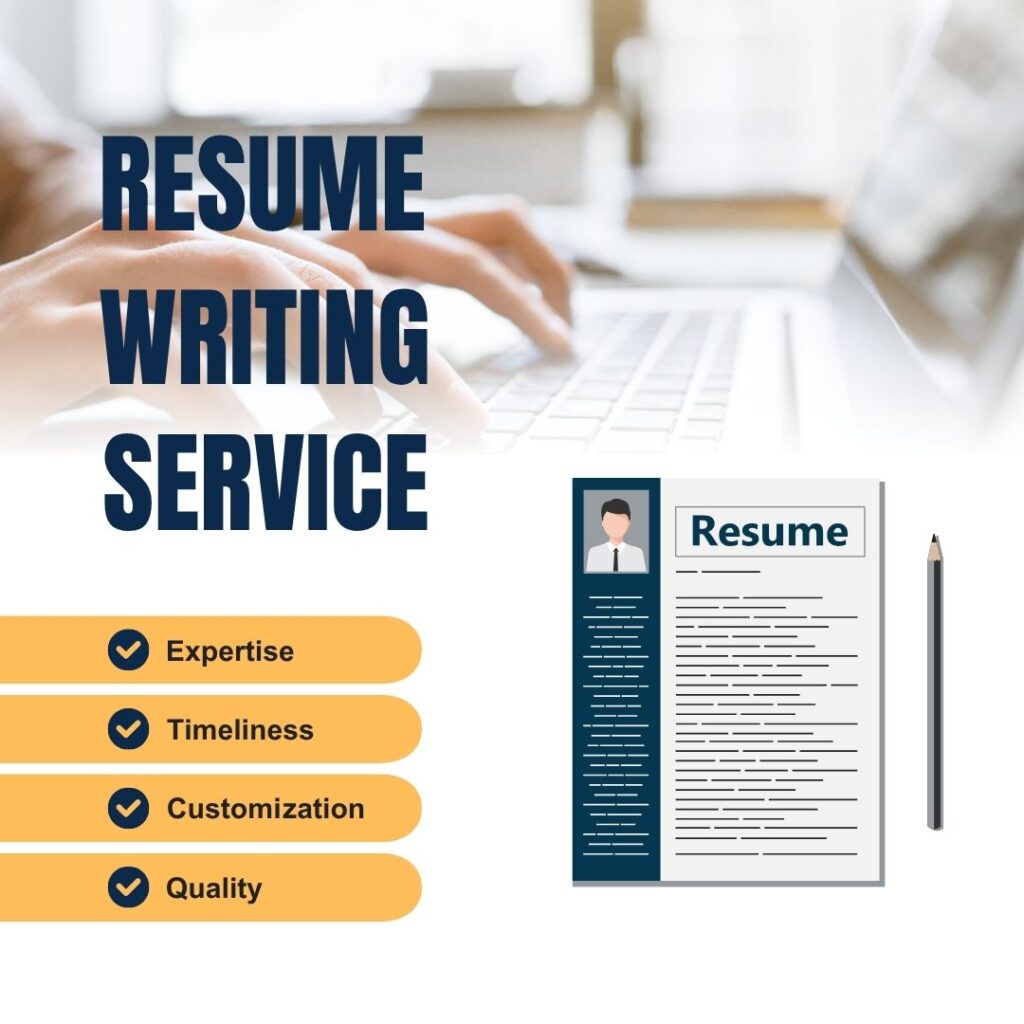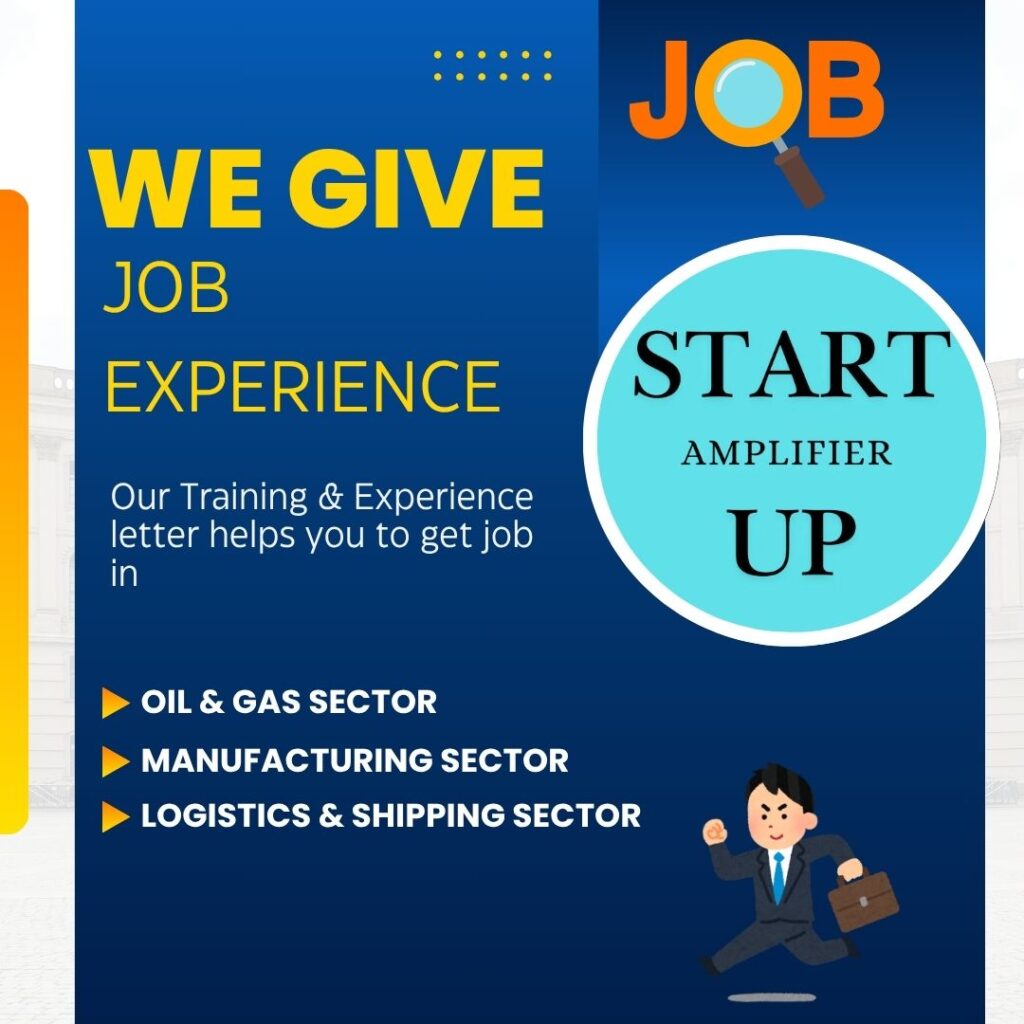Resume Writer- Interview Trainer – Career Counsellor



Resume Writing
We provide professional resume writing services tailored to highlight your strengths, achievements, and career goals. Our expert writers craft customized, industry-specific resumes that grab attention and pass Applicant Tracking Systems (ATS). Whether you’re a fresher, experienced professional, or career changer, we ensure your resume reflects your true potential with clarity and impact. We focus on formatting, powerful language, and keywords to improve your chances of landing interviews. With our support, your resume will stand out in today’s competitive job market and create a lasting impression on recruiters. Let us help you take the next step in your career with confidence.


We are Skill Developer
We are expert skill developers dedicated to empowering individuals with the practical knowledge and professional competencies required for job success and business growth. Whether you are a student, job seeker, working professional, or aspiring entrepreneur, we provide tailored skill development programs that align with your career or business goals.
Our job and business-oriented training in entrepreneurship, business planning, sales and marketing, customer handling, digital marketing, product presentation, and financial basics.
We bridge the gap between theoretical knowledge and real-world application through live sessions, one-on-one mentoring, and practical assignments. Our programs are designed to boost confidence, improve performance, and prepare you to thrive in competitive environments.
With a deep understanding of current industry trends and hiring standards, we continuously update our modules to keep you ahead of the curve. Our mission is to transform your potential into success through strategic skill enhancement. Whether you’re launching a business or looking for a dream job, our support will equip you with the right tools to achieve your goals with confidence and competence.
WE HELP YOU TO SELLECT HIGHLY PAID SECTORS



